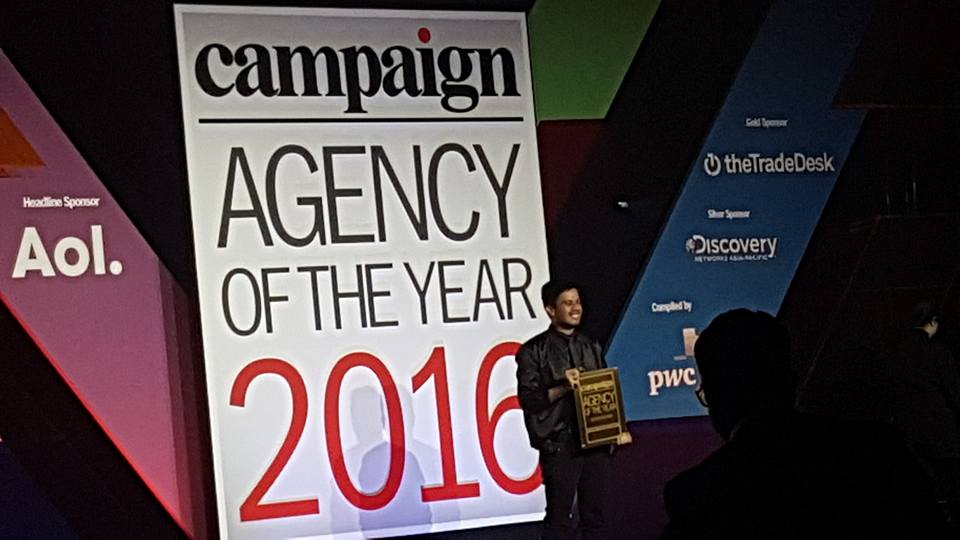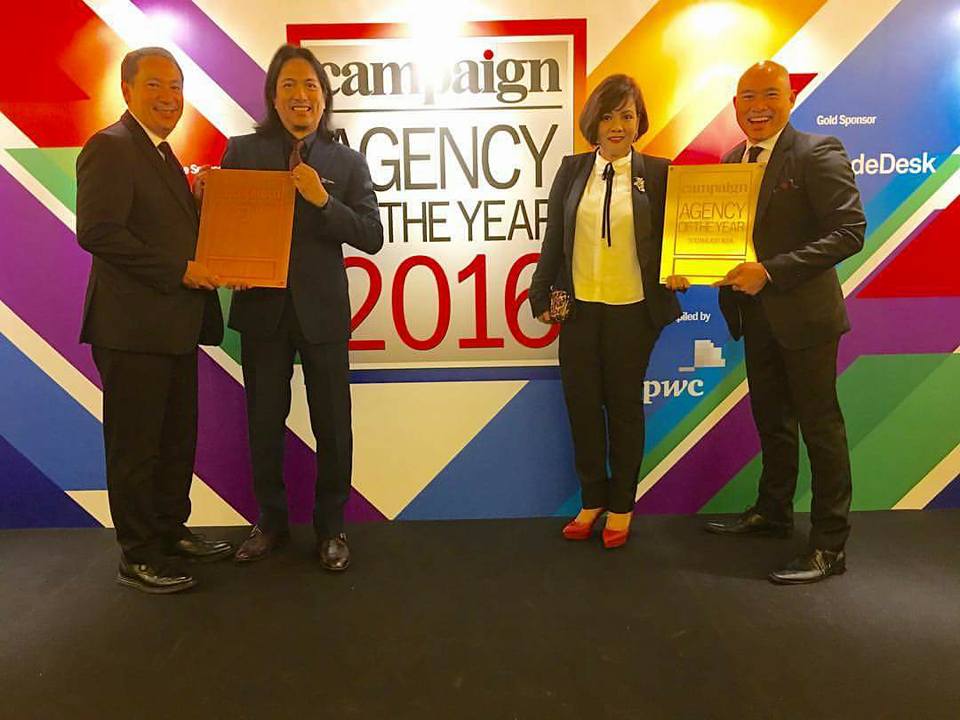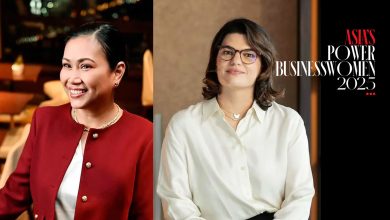SINGAPORE – The winners of the annual Campaign Agency of the Year Awards have been revealed on Thursday at Ritz Carlton in Singapore. Multiple Philippine agencies and representatives emerged triumphant in the Southeast Asia category.
2015 winner DDB Philippines was once again hailed as the Southeast Asia Talent Management Team of the Year while Havas Ortega’s Talent and Culture Development Team came in second.

Jade “Jedd” Ilagan, Strategy Manager of IXM Philippines was named the Southeast Asia Young Achiever of the Year. Angela Thakur, Senior Strategic Planner at Y&R Philippines was also among the finalists.

ZenithOptimedia Philippines, MRM//McCann Manila, and IXM Philippines kept the titles as Philippine Media Agency of the Year, Digital Agency of the Year, and Independent Agency of the Year, respectively while Dentsu Jayme Syfu displaced Leo Burnett Manila, now on third place, as the Philippine Creative Agency of the Year.



Below is the full list of Philippine winners at Campaign AOY Awards 2016:
Philippines Creative Agency of the Year:
Gold: Dentsu Jayme Syfu
Silver: Ogilvy & Mather Philippines
Bronze: Leo Burnett Manila
Philippines Media Agency of the Year:
Gold: ZenithOptimedia Philippines
Silver: OMD Philippines
Bronze: UM Philippines
Philippines Digital Agency of the Year:
Gold: MRM//McCann Manila
Silver: NuWorks Interactive Labs, Inc.
Bronze: Dentsu Jayme Syfu
Philippines Independent Agency of the Year:
Gold: IXM Philippines
Silver: Seven A.D.
Bronze: NuWorks Interactive Labs, Inc.
Southeast Asia Experiential Marketing Agency of the Year:
Silver: The Huddle Room (Philippines)
Southeast Asia Creative of the Year:
Runner-up: Melvin Mangada | TBWA\Santiago Mangada Puno
Southeast Asia Talent Management Person/Team of the Year:
Winner: DDB Group Philippines Talent Management Team | DDB Group Philippines
Runner-up: Havas Ortega Talent & Culture Development Team | Havas Ortega Philippines
Southeast Asia Young Achiever of the Year:
Winner: Jade “Jedd” Ilagan | IXM Philippines
Runner-up: Angela Thakur | Y&R Philippines
See all the 2016 Campaign AOY winners here.








